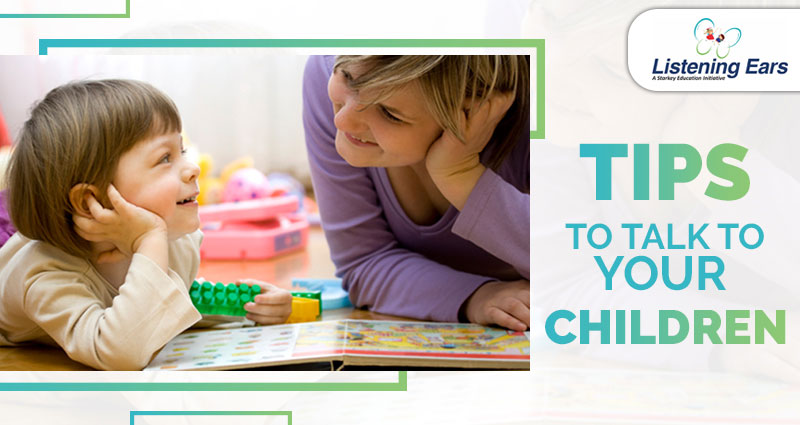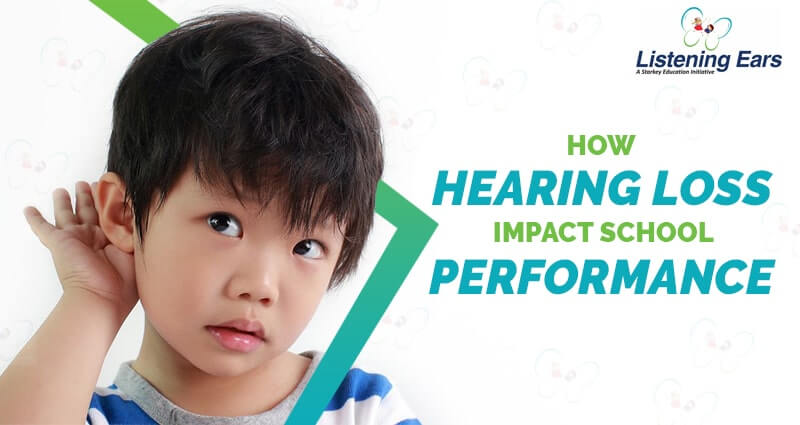Counselling & The Hearing Impaired
Language Delays and Behavior Problems with HI children
November 21, 2016Both Ears are Needed to Hear Well
November 23, 2016Talking to a counsellor, who accepts you and respects your feelings, can help you process difficult issues in your life. However, counselling is not always about problems.
The honest feedback from a counsellor can enable you to understand more about yourself and discover changes that you might want to make to improve your quality of life and relationships.’
How do I choose the right counsellor?
There are a number of different methods and approaches to therapy, but research has shown that the quality of the relationship between you and the therapist is more important than the method they use. You will probably need to see a counsellor privately if you wish to choose who you see. It is useful to shop around and maybe meet a few counsellors before you decide who you want to contract to work with.
The first session with a counsellor is an assessment, to enable both of you to decide if it feels right to work together. Some counsellors charge for this and others do not. It provides an opportunity for you to assess how comfortable you feel with the counsellor and to ask questions such as confidentiality, cost, theoretical orientation, their experience qualifications and whether they have membership of a professional body with a Code of Ethics.
Children who are in the special education setting may need assistance dealing with people outside of this closed environment. They depend on the school program and may not be able to communicate well with people who are outside of this environment.
Types of Counseling
There are two kinds of counseling: informational counseling, where we tell people facts, and support counseling, where we help them deal with emotions and feelings. I am going to touch on both of these today.
Informational Counseling
Providing information about hearing loss and management, and very little information about feelings and emotions, is the basis of informational counseling. We counsel parents when the hearing loss is diagnosed. At that point, the children are too young to be counseled. But as children get older, they need the same information that we gave to their parents when their hearing loss was identified. They need to understand an audiogram, degree and type of hearing loss so they can answer questions about, so they can understand what their hearing loss means. They need to understand the effect of hearing loss on language, academics, and literacy. They need to know how to advocate for themselves, how to ask for help when they need it, and how to explain problems they are having.
Social skills are dependent on language. If children have good language, they will have a much easier time socializing. In the early years, children with hearing loss usually socialize well. But, as they get older and language becomes more complex, if language is delayed they will have a much harder time communicating and socializing with their peers.
As children get older and become more aware of their hearing loss, they start to feel different and they begin to resist things that can help them. They may decide they are not going to wear an FM system anymore. They may refuse to go to therapy. They may not be willing to advocate for themselves. The data shows that children with disabilities experience more bullying than other children (Carter & Spencer, 2006). We need to be aware of these things and help children recognize and deal with these issues.
Supporting Parents
Most hearing loss is now identified at birth. If we move quickly to fit children with appropriate technology and enroll them in an auditory therapy program, a child’s listening age will be equal to their chronological age. Children can be fit with technology and start therapy early so that their language delays will be minimized or eliminate. That is an enormous advantage.
One disadvantage that some parents see to early identification is that they have not developed a relationship with their children before they have to deal with the fact that they have a child with a disability.
Client-Centered Counseling
Client-centered counseling focuses on the client and not on the test results. The diagnostic process should begin at first contact with the family. We need to try to understand the parents’ point of view and their concerns. If a baby is diagnosed at birth, parents will not have any observations yet about how the baby responds to sound. If the child is diagnosed later, parents will have a list of their experiences and observations about the way the baby hears.
Parents need the opportunity to share their feelings, concerns, and distress. We need to be prepared for that and accept it. We need to give parents a chance to tell their stories and explain their feelings, and if we can provide them with support, sooner or later, they will be ready to move on.
Involving Parents
It is helpful to involve parents in the diagnostic process. When they participate and help make decisions about what a child is hearing and not hearing, that reduces their denial mechanism. They begin to see the audiologist as someone who has included them in what needs to be done. Parental satisfaction increases when parents are empowered as partners in the diagnostic process. It makes it much easier to counsel and move from point A to point B. In a school setting, this can be difficult, but we have to figure out a way to include parents. If we do not, parents cannot help us navigate the journey to make the children successful.
We need to actively involve the family in the test protocol. Engage them as much as possible in scoring and eliciting responses. I frequently have a parent sitting in the test room next to the child. When the child repeats a word in a speech perception test that I did not hear or think may have an error, I ask the parent to tell me what they heard the child say. Having to understand and repeat what the child is saying helps them to recognize what kind of errors their child is making. In a home situation where language is less complex then in school, parents frequently do not get that there are still problems. If they participate in a test situation with the audiologist, they can understand the difficulties and what has to happen to make things better. Ideally, they can look at the results together, interpret them together, and plan for the child’s future together.
In speech and language evaluations, it is important for parents to observe and see what kinds of difficulties the child has. Parents are often surprised in these situations, because in the home situation where everyone knows what the topics are, things are much easier to accomplish.
Involving Children
When children get older, we need to start including children in the diagnostic process because it helps them understand the issues related to their hearing loss, and it helps them to figure out what they might do to make things better.
REFERENCES: (ONLINE)
- https://www.hearinglink.org
- http://www.audiologyonline.com/articles/counseling-support-for-children-with-13758



